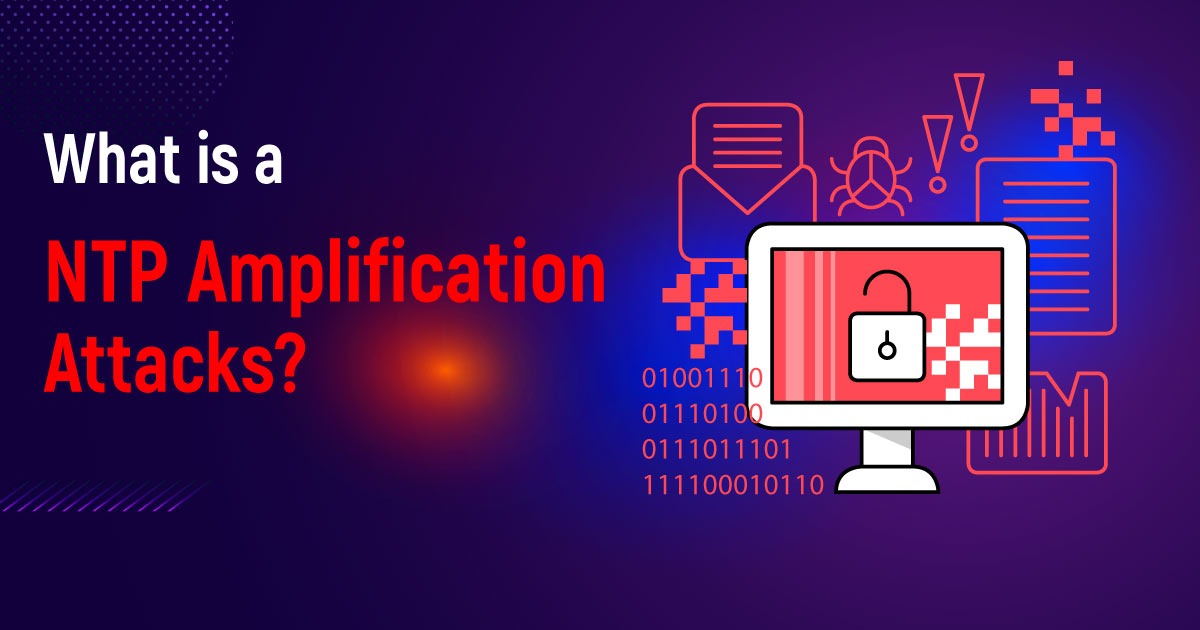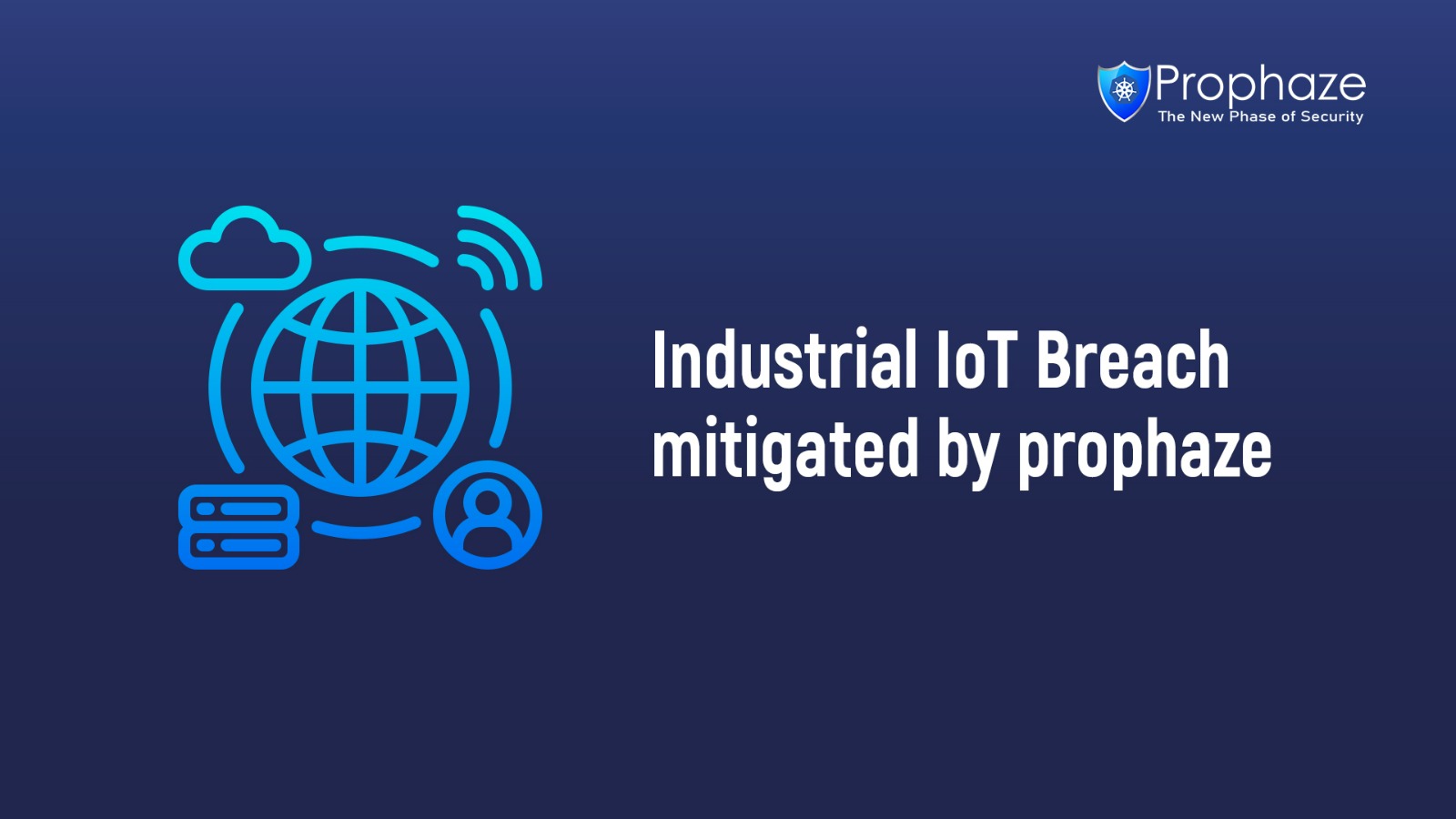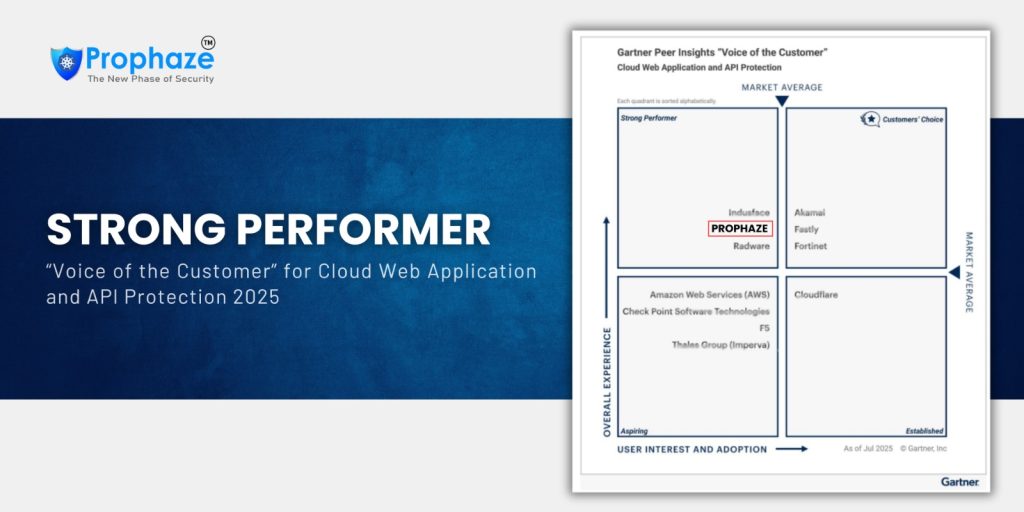In the realm of cybersecurity, Domain Name System (DNS) amplification attacks have emerged as a significant concern for organizations worldwide. This article aims to shed light on the concept of DNS amplification, the techniques employed by attackers, and the potential consequences of such attacks. We will also delve into effective mitigation strategies to safeguard networks from the damaging impact of DNS amplification.
What is the Role of DNS?
DNS is a fundamental component of the internet infrastructure, responsible for translating human-readable domain names into IP addresses. It plays a crucial role in facilitating communication and ensuring the proper functioning of various online services.
What are DNS Amplification Attacks?
DNS amplification attacks exploit the inherent characteristics of the DNS protocol to launch powerful DDoS attacks. Attackers leverage vulnerable DNS servers to amplify their attack traffic, flooding the target system or network with an overwhelming volume of data packets.
Techniques employed in DNS Amplification Attacks
Exploiting DNS Recursion:
Attackers take advantage of DNS servers configured to allow recursion. By sending a small DNS query with a spoofed source IP address, attackers trick the vulnerable server into generating a large response to the target IP address, amplifying the attack traffic.
Utilizing Open DNS Resolvers:
Open DNS resolvers are publicly accessible DNS servers that respond to DNS queries from any source. Attackers exploit these servers by sending a flood of DNS queries with the target’s IP address as the source, resulting in amplified responses directed towards the victim.
Spoofing Source IP Addresses:
To muddle their identity and complicate the detection process, attackers often spoof the source IP addresses of their requests. This makes it challenging to distinguish legitimate DNS traffic from the attack traffic and trace the origin of the attack.
Consequences of DNS Amplification Attacks
Network Congestion and Service Disruption:
DNS amplification attacks generate a significant volume of traffic that overwhelms network bandwidth and infrastructure. The target system or network becomes congested, leading to service disruptions, slow response times, or even complete downtime. This can have severe financial and reputational consequences for organizations that rely on the continuous availability of their online services.
Resource Exhaustion:
The flood of amplified DNS response packets consumes network resources, including bandwidth, processing power, and memory. This leads to the exhaustion of available resources, degrading network performance and hindering the normal operation of legitimate network services.
Collateral Damage:
DNS amplification attacks not only impact the targeted organization but also cause collateral damage to other systems and networks along the path of the attack traffic. Internet service providers (ISPs) and interconnected infrastructure may experience performance degradation or disruptions due to the sheer volume of attack traffic generated.
What are the mitigation strategies for DNS Amplification Attacks?

DNS Server Hardening:
Secure and properly configure DNS servers to prevent their exploitation in amplification attacks. Disable recursion on public-facing DNS servers, allow only authorized sources to make DNS queries, and implement access control measures to prevent abuse.
Filtering and Rate Limiting:
Implement filtering mechanisms and rate limiting techniques at the network perimeter to control the flow of DNS traffic. Configure firewalls or dedicated DNS proxies to filter and block suspicious or amplified DNS packets, ensuring that only legitimate traffic reaches the target network.
Source IP Validation and Filtering:
Employ source IP validation mechanisms to verify the authenticity of incoming DNS requests. Implement IP filtering to block or restrict traffic from suspicious or known malicious IP addresses associated with DNS amplification attacks.
DNS Traffic Monitoring and Anomaly Detection:
Deploy robust DNS traffic monitoring tools to detect abnormal DNS query patterns and identify potential amplification attacks in real-time. Establish baseline metrics for normal DNS traffic behavior and employ anomaly detection techniques to trigger alerts when deviations occur.
Conclusion
DNS amplification attacks pose a significant threat to network security, causing service disruptions and potential financial losses for targeted organizations. By understanding the techniques employed by attackers and implementing effective mitigation strategies, organizations can fortify their defenses against DNS amplification attacks. Proper server hardening, traffic filtering and DNS traffic monitoring are essential components of a comprehensive defense strategy to mitigate the impact of these damaging attacks.












